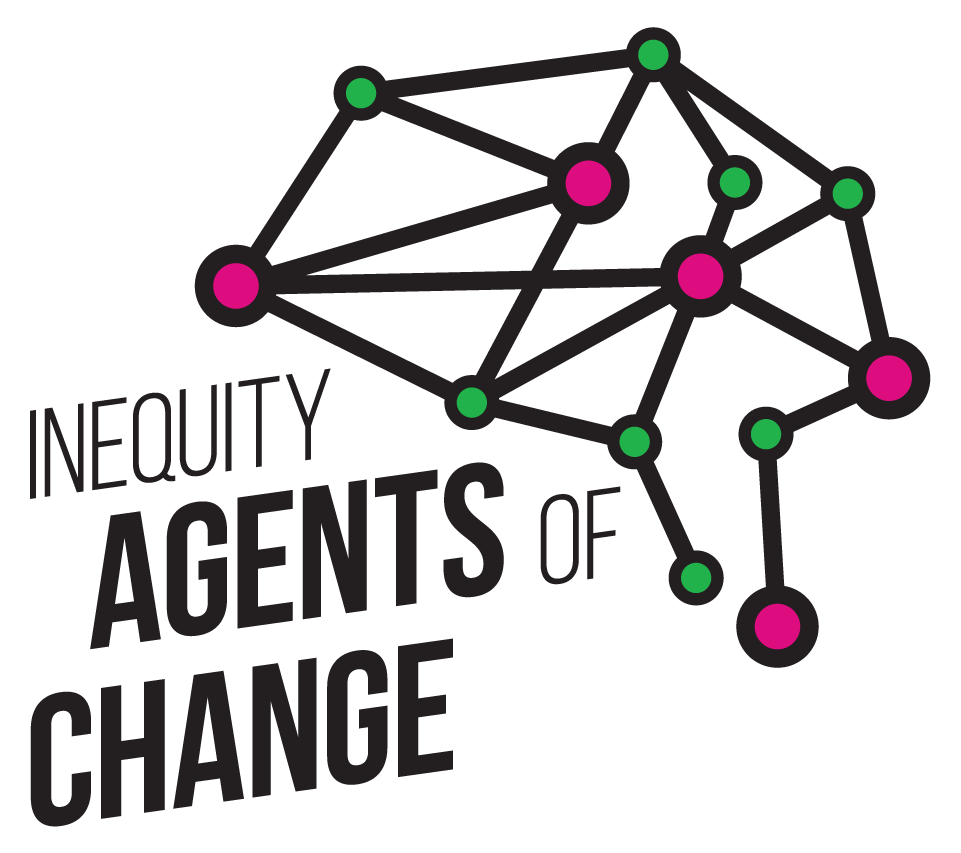Individual and Collective Wellness and Self-care
The hosts are ready for self-care
Diverse Joy Podcast - Season 1, Episode 13
In this episode, Will shares his joy about Gay Pride month, and Amber's joy is seeing outdoor movies in the park!
They discuss wellness and self-care, both in terms of individual self-care (e.g., rest, getting a massage) and collective self-care (e.g., coming together with community). Considerations of wellness and self-care are important for everyone, but are especially crucial for people frequently disadvantaged by biases and inequities. Amber shares stories about having to maintain work productivity after major collective traumas (i.e., the murder of George Floyd), and how a colleague helped take up burdens during that difficult time.
Amber and Will in fun outfits for a promotional photo for this episode
This month's habit-breaking skill is to Speak Up when bias occurs, and we review several key guidelines on how to speak up about bias effectively, to effect change in others' behavior. This skill also provides opportunity to discuss something foundational to the podcast, the notion of adopting a "scientist-practitioner" model, in which we translate scientific evidence and knowledge into practical, concrete skills for laypeople.
Will's joyful recommendation this episode is the endearing and heartwarming hit show, Steven Universe.
In this episode, Amber mentions using “Here Comes a Thought” from Steven Universe to teach people about mindfulness.
The episode can be found below, by following the podcast wherever you get podcasts, including Apple Podcasts, Spotify, iHeartRadio, RSSFeed, Amazon/Audible, or by subscribing to @BiasHabit on YouTube.
Image Gallery for “Individual and Collective Wellness and Self-Care”








